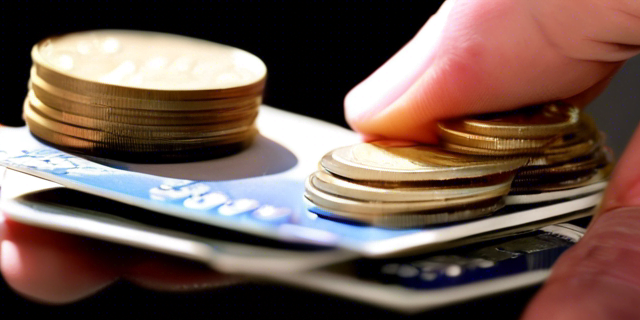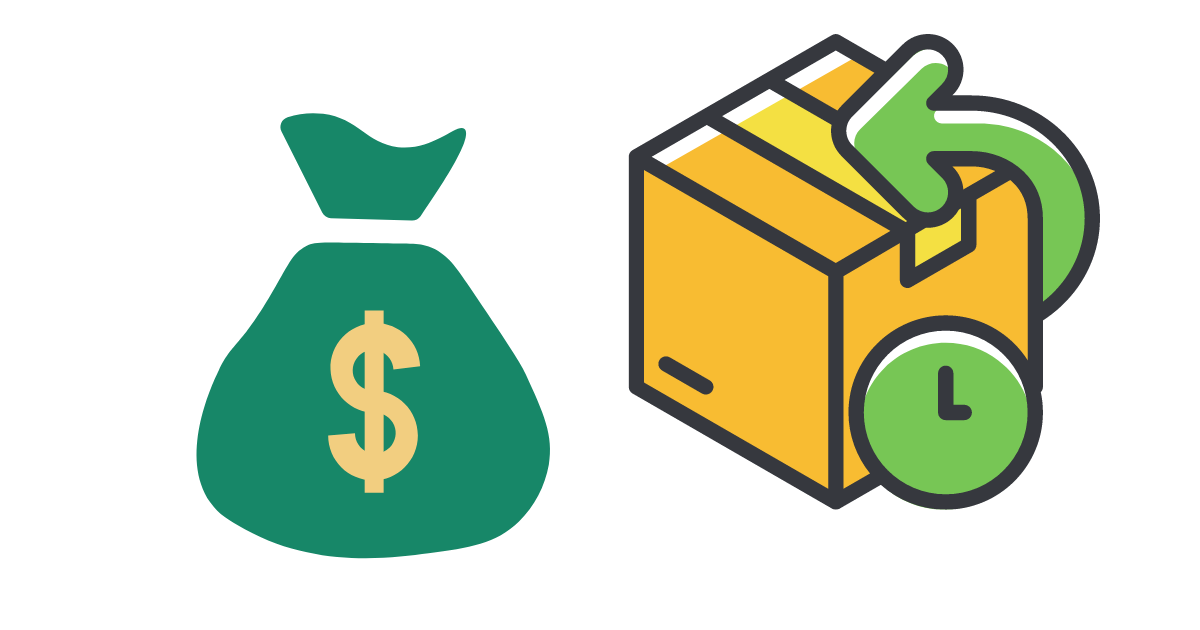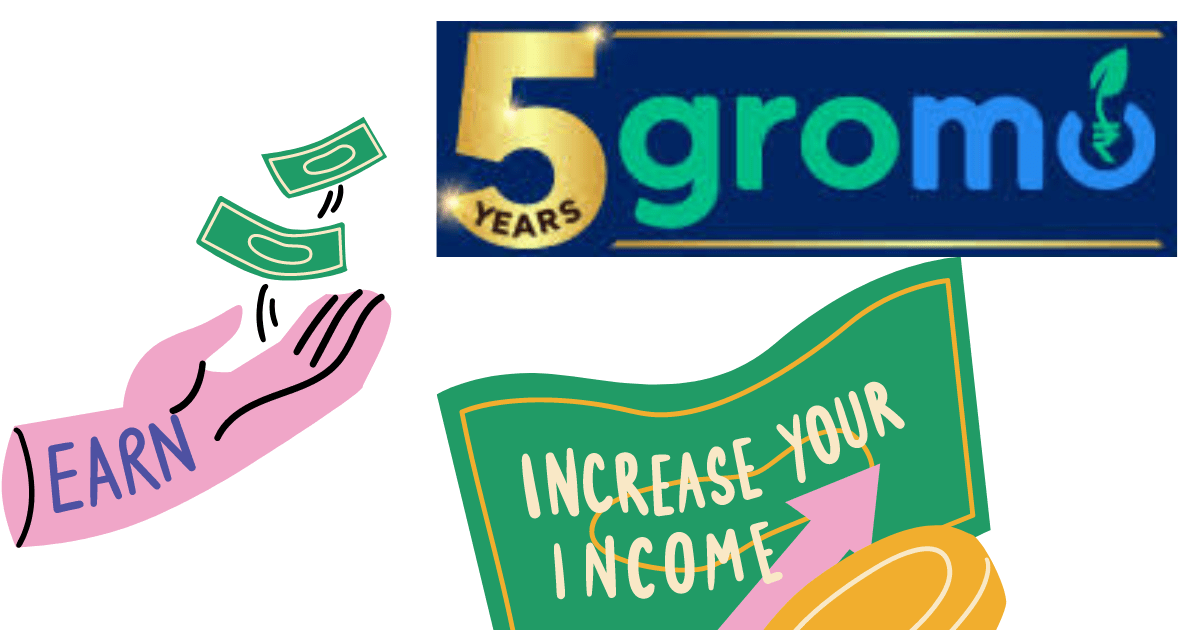Introduction to Building Credit Score with a Secured Credit Card
Starting your journey towards building a credit score can feel like navigating through a maze with no clear signposts. Especially if you’re new to the world of credit or if you’re aiming to rebuild your credit history, knowing A Secured Credit Card To Raise Your Credit Score . This is where a secured credit card shines as a beacon of hope. Unlike traditional credit cards, a secured credit card requires a cash deposit that acts as your credit limit.
This deposit serves as collateral for the bank, making the card a less risky proposition for them and an accessible credit-building tool for you. Think of it as a stepping stone towards establishing a positive credit history and paving the way for financial opportunities down the line. In this blog, we’ll dive into how a secured credit card can be your ally in building a credit score and laying a strong foundation for your financial education.
Understanding Secured Credit Cards
Secured credit cards might seem a bit puzzling at first glance, but they’re essentially a stepping stone to building or rebuilding your credit score. If you’re new to the world of credit or looking to make amends for past financial missteps, diving into how secured credit cards function can set you on the path to financial literacy and freedom.
What is a secured credit card?
A secured credit card is like a regular credit card’s more cautious sibling. It requires a security deposit from the user, which typically becomes the credit limit. This deposit acts as collateral for the bank, lowering their risk in case of non-payment. It’s a fantastic tool for individuals with no credit history or those looking to improve their credit score because it combines the functionality of a credit card with a safety net for both the issuer and the cardholder.
How do secured credit cards work?
Secured credit cards work in a manner quite similar to traditional and unsecured cards with one key distinction: the security deposit. When you apply and are approved for a secured card, you’ll deposit a sum of money upfront. This amount often dictates your credit limit. Just like an unsecured card, you’ll make purchases, receive statements, and pay your bill monthly. Your activity is reported to the major credit bureaus, aiding in building your credit history. If you manage your card responsibly, over time, you might qualify for an unsecured card and get your deposit back. On the flip side, if you default, the issuer can use your deposit to cover the owed amounts.
Benefits of A Secured Credit Card To Raise Your Credit Score
Understanding the advantages of using a secured credit card can motivate one to manage it wisely. These benefits go beyond just establishing credit; they include setting spending limits, learning financial responsibility, and protecting oneself against fraud.
Establishing or rebuilding credit history
For those with little to no credit history or perhaps a past marred by financial troubles, a secured credit card is a lifeline. By using this card judiciously—keeping balances low and making payments on time—cardholders can demonstrate financial reliability. This positive behavior gets reported to credit bureaus, gradually building up a credit score. A better credit score opens up numerous opportunities, such as eligibility for loans with more favorable terms.
Setting credit limits and responsible spending
One of the key features of secured credit cards is their ability to help users set and adhere to spending limits. Since the credit limit typically matches the deposit, users are less likely to overspend and more motivated to budget wisely. This built-in limitation fosters a habit of responsible spending. Knowing that you have a finite amount you can spend encourages planning and prioritization of expenses, skills that are invaluable in managing one’s finances effectively.
Protection against fraud and misuse
In today’s digital age, credit card fraud is a looming threat. Secured credit cards come with the same protections against unauthorized charges as their unsecured counterparts. Most issuers offer zero liability policies, which means you won’t be held responsible for fraudulent transactions reported in a timely manner. Additionally, monitoring your credit card activity can help you quickly spot and report suspicious activities, thus protecting your financial health and credit history.
Secured credit cards are more than just financial tools; they are bridges to a better credit future. By understanding how they work and leveraging their benefits, individuals can pave the way for financial stability and access to better credit opportunities. Whether you’re starting fresh or correcting past mistakes, a secured credit card can be a pivotal step in your financial education journey.
Steps to Build Credit Score with a Secured Credit Card
Starting your journey with a secured credit card can be an excellent way to build or improve your credit score. This type of card is backed by a cash deposit you make upfront, which usually becomes your credit limit. Here’s how you can use a secured credit card effectively to build a positive credit history.
Applying for a secured credit card
Applying for a secured credit card is the first step toward building your credit score. Start by researching various secured cards available and choose one with lower fees and interest rates. Look for cards that report to all three major credit bureaus—Experian, TransUnion, and Equifax—as this will ensure that your credit-building efforts are recognized. When applying, you’ll be required to make a cash deposit, which usually equals your credit limit. This deposit acts as collateral for the card issuer in case you fail to make payments.
Using the secured credit card wisely
Using your secured credit card wisely is crucial in building your credit score. Treat your secured card like a debit card; only spend what you can afford to pay back each month. Try to keep your monthly balances low and always pay your bills on time. This consistent behavior shows creditors that you’re responsible with credit. Furthermore, avoid the temptation to max out your card. Instead, aim to use less than 30% of your available credit to keep your credit utilization ratio low—this is a key factor in your credit score.
Monitoring credit score and progress
Monitoring your credit score and progress is an essential part of building credit with a secured card. Most card issuers offer free credit score tracking as a part of your account benefits. Take advantage of this feature to check your score regularly and understand how your spending behaviors affect your credit. You should also obtain a copy of your credit report at least once a year from each major bureau to check for inaccuracies or fraudulent activities, which can negatively impact your score.
Tips for Maximizing the Impact of a Secured Credit Card
To maximize the impact of your secured credit card and boost your credit score, consider the following tips. These strategies can help you establish a solid credit history and pave the way for financial opportunities in the future.
Making timely payments
Making timely payments is perhaps the most crucial aspect of using a secured credit card effectively. Your payment history accounts for a significant portion of your credit score, so ensure that you pay at least the minimum due on time every month. Setting up automatic payments or calendar reminders can help you avoid missing a payment. Late payments can remain on your credit report for up to seven years, so consistency is key to building a positive credit history.
Keeping credit utilization low
Keeping your credit utilization low is another important strategy for maximizing the impact of your secured credit card. Credit utilization refers to the amount of credit you’re using compared to your total available credit. Experts recommend keeping your utilization below 30% to positively affect your credit score. By doing this, you show creditors that you’re not overly dependent on credit and can manage your finances responsibly. If possible, aim to pay off your balance in full each month to avoid interest charges and keep your utilization ratio down.
Avoiding unnecessary credit inquiries
Every time you apply for a new credit card or loan, a hard inquiry is made into your credit report, which can temporarily lower your credit score. Therefore, it’s advisable to avoid unnecessary credit inquiries while you’re working on building your credit with a secured card. If you need to apply for credit, research your options thoroughly and only apply for what you genuinely need and believe you’ll be approved for. This cautious approach will help minimize the number of hard inquiries on your report and protect your growing credit score.
Building a credit score with a secured credit card requires patience, discipline, and strategic financial behavior. By applying for the right card, using it wisely, and following the tips outlined above, you can build a solid credit history over time. Remember, the goal is not just to improve your credit score but also to foster healthy financial habits that will benefit you throughout your life. With dedication and mindful spending, your secured credit card can be a powerful tool in achieving your financial goals.
Navigating the world of credit can be challenging, especially if you’re new to it. A secured credit card can be an invaluable tool for building or repairing credit, but just like any financial tool, it needs to be used wisely. Mistakes can hinder your progress and, in some cases, set you back. Here, we’ll dive into some common pitfalls to avoid and how to keep a keen eye on your credit-building journey.
Common Mistakes to Avoid When Using a Secured Credit Card
Using a secured credit card can feel like a stepping stone towards financial freedom, but it’s not without its potential missteps. Recognizing and steering clear of these mistakes can help ensure a smoother path to credit improvement.
Carrying high balances
While it might seem like having a credit card means you have extra money to spend, it’s crucial to remember that the money has to be paid back, often with interest. Carrying high balances not only increases the amount you owe but can also hurt your credit score. A key factor in credit scoring is your credit utilization ratio, which is the amount of credit you’re using compared to your credit limit. Experts recommend keeping this ratio below 30% for the best effect on your credit score. This means if your secured card has a $500 limit, you should try not to owe more than $150 at any time.
Missing payments
This might seem like a no-brainer, but it’s worth highlighting. One of the fastest ways to damage your credit score is by missing payments. Even one missed payment can significantly impact your credit health and undermine the efforts you’ve been making with your secured credit card. The key to building credit is to show that you’re a responsible borrower, and that means making at least the minimum payment on time, every time. Setting up automatic payments or reminders can help ensure you never miss a beat.
Closing the account too soon
It’s a common misconception that closing a credit card account will improve your credit score. In fact, the opposite is often true, especially if it’s one of your only sources of credit. Part of your credit score is determined by the length of your credit history. Closing your secured credit card account, particularly if you’ve had it for a short period, could shorten your credit history and potentially lower your credit score. Before closing any credit account, consider its impact on your credit history and whether you have other forms of active credit.
Monitoring and Improving Your Credit Score Progress
Tracking your progress and understanding what affects your credit score are key steps in achieving your financial goals. Let’s look at how to keep tabs on your credit journey effectively.
Checking credit reports regularly
One of the first steps in monitoring your credit score’s progress is to make checking your credit reports a habit. You’re entitled to a free credit report from each of the three major credit bureaus (Equifax, Experian, and TransUnion) every year through AnnualCreditReport.com. Reviewing these reports can help you catch any potential errors or fraudulent accounts opened in your name that could affect your credit score. Correcting these mistakes can improve your credit score and protect you from identity theft.
Understanding credit score factors
To improve something, you must understand how it works. Your credit score is influenced by several factors, including payment history (35%), credit utilization (30%), length of credit history (15%), new credit (10%), and credit mix (10%). By focusing on maintaining a good payment history and keeping your credit utilization low, you’ll address the most significant portions of your score. Understanding these components can help guide your credit behavior toward areas that need the most attention.
Taking steps for continuous improvement
Improving your credit score is a journey, not a sprint. Along with avoiding the mistakes mentioned earlier and regularly checking your credit reports, consider other strategies to bolster your credit health over time. For example, diversifying your credit (responsibly, of course), such as adding a credit builder loan or another type of credit card, can positively affect your credit mix. Additionally, gradually increasing your secured credit card’s deposit and thus the credit limit may also help, as long as you maintain low utilization.
Building a good credit score with a secured credit card is definitely achievable with patience and disciplined financial behavior. By steering clear of common missteps and keeping a vigilant eye on your credit progress and understanding, you’re paving the way for a healthier financial future. Remember, every journey begins with that first step—make yours a confident one.
Additional Resources for Financial Education and Credit Building
Building a solid credit score isn’t just about using a secured credit card wisely—it’s also about educating yourself on the principles of good financial management. Fortunately, there are plenty of resources out there designed to help you understand credit, manage your finances more effectively, and continue to build a positive credit history. Here are some avenues worth exploring.
Credit counseling services
Credit counseling services can be a game-changer for individuals looking to get their finances on track. These services provide personalized advice on managing your debt, creating a budget, and improving your credit score. The counselors are typically trained and certified in consumer credit, money and debt management, and budgeting. They work with you to understand your financial situation and help you develop a plan to solve your money problems. One of the best parts? Many nonprofit credit counseling agencies offer services at low or no cost. Just be sure to research any service you consider to ensure it’s reputable and a good fit for your needs.
Financial literacy courses
Never underestimate the power of a good financial literacy course. These courses cover a broad range of topics, from the basics of budgeting and saving to the intricacies of investing and credit management. They are designed to equip you with the knowledge and skills you need to make informed financial decisions. Many community colleges, universities, and nonprofit organizations offer these courses for free or at a low cost. Furthermore, some employers and financial institutions also provide access to financial education programs as a benefit to their employees or customers, respectively. Investing time in a financial literacy course can pay dividends in your financial confidence and capability.
Online tools for credit monitoring
In today’s digital age, there are numerous online tools and apps designed to help you monitor your credit and manage your finances from the palm of your hand. These tools often provide services such as credit score updates, credit report monitoring, and alerts for any unusual activity that could indicate fraud or identity theft. Many also offer personalized tips for improving your credit based on your financial situation and goals. Credit Karma, Mint, and Credit Sesame are just a few examples of platforms that offer free credit monitoring services. By taking advantage of these tools, you can keep a pulse on your credit health and make informed decisions to further your credit building journey.
Conclusion: Achieving Financial Success with a Strong Credit History
Building a strong credit history is a foundational step toward achieving financial success. By starting with a secured credit card, you’re taking a proactive approach to establish and improve your credit score, which opens up a world of financial opportunities. Remember, the journey to a great credit score involves:
– Consistent, timely payments
– Keeping balances low
– Monitoring your credit score regularly
– Being patient as your credit history grows
Embrace this process as a part of your broader financial education. With discipline and smart use of a secured credit card, you’ll not only build credit but also lay the groundwork for a healthier financial future. Remember, a strong credit history is your ticket to favorable loan terms, lower interest rates, and the ability to achieve your financial goals. Keep pushing forward, and let each swipe of your secured credit card bring you one step closer to financial freedom.




















